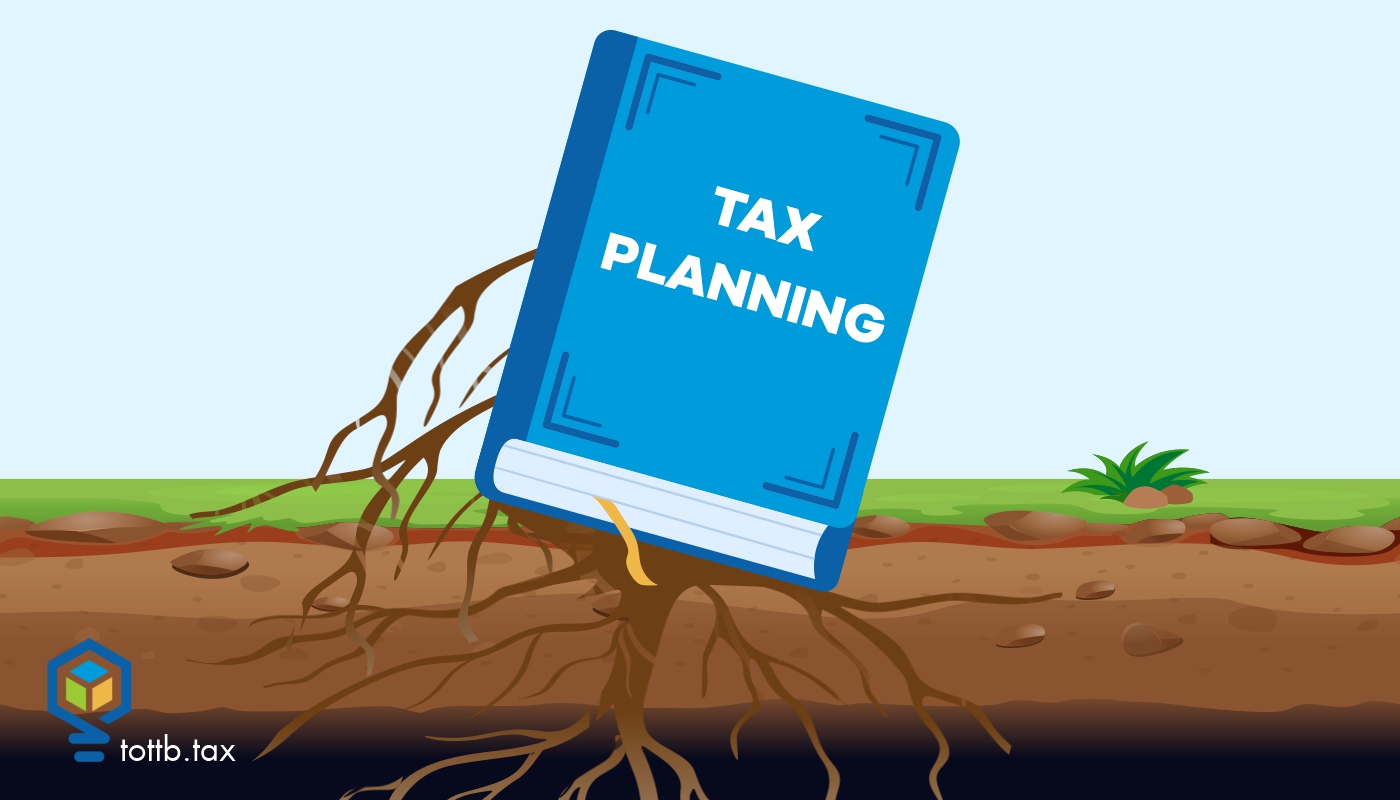
The Benefits Your Military Veteran Clients Aren’t Using (And Why That’s a Planning Problem)
Why aren’t more veterans using the benefits they’ve earned? Part of the problem is awareness, and part of it is discomfort (for both veterans and advisors). After all, veteran benefits are rooted in service-connected health and trauma, placing them in a category that often feels more personal than financial. That alone can deter veterans from discussing their disability compensation and keep advisors from broaching the subject altogether. The result is financial plans that look optimized on paper but are built on incomplete assumptions and missed opportunities – opportunities that have been more than earned.













